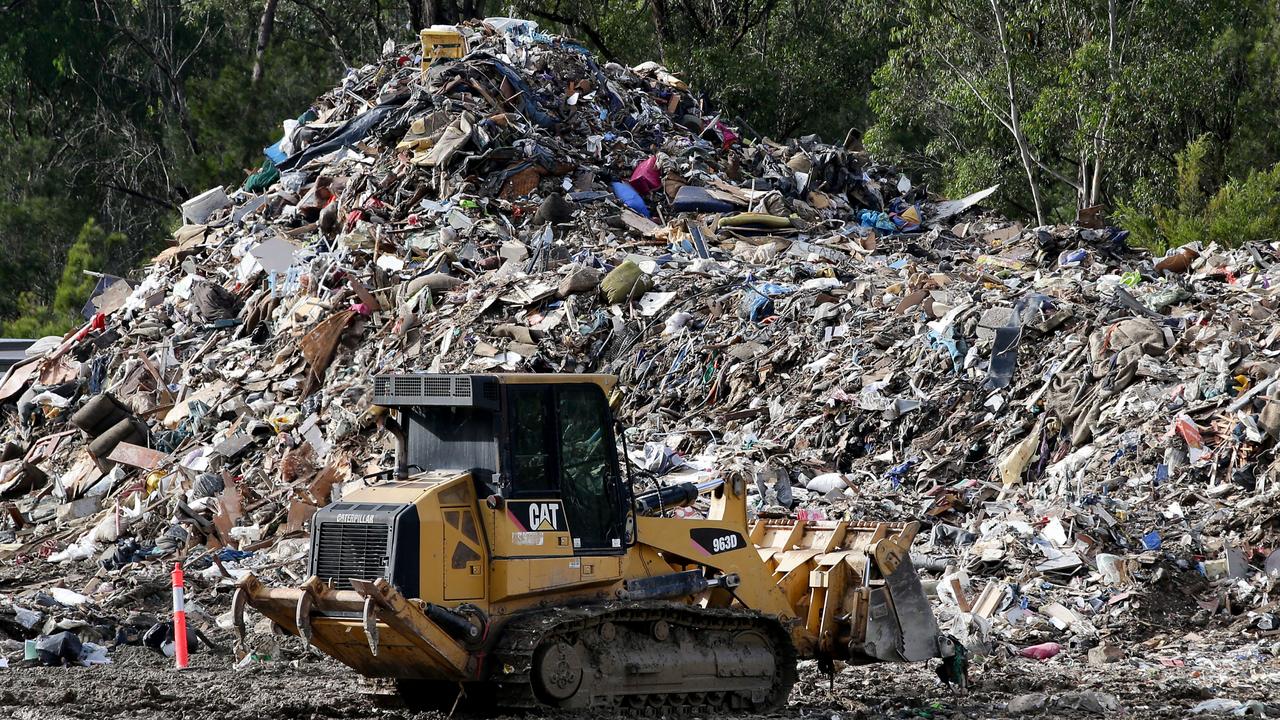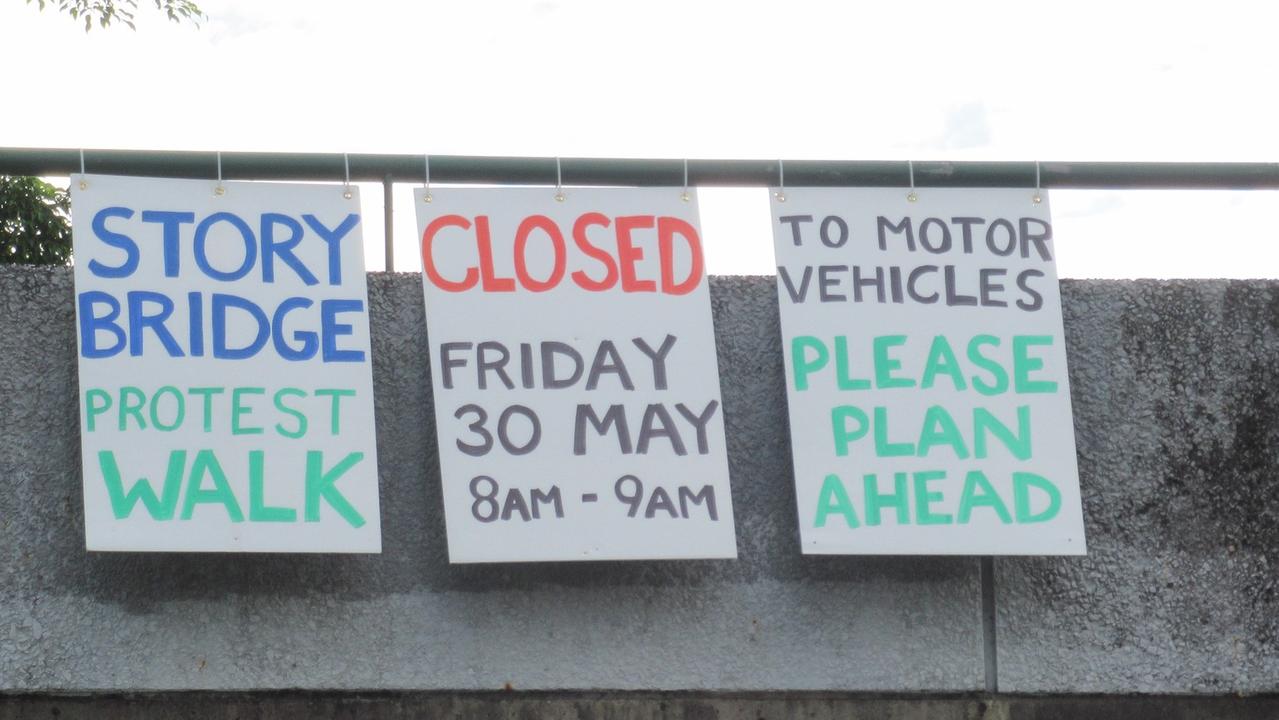How Aussie side hustles are raking in $1m turnovers
More people are trying their hand at earning extra cash amid increasing inflation. But for some, their side hustle has become a lot more than spare change.
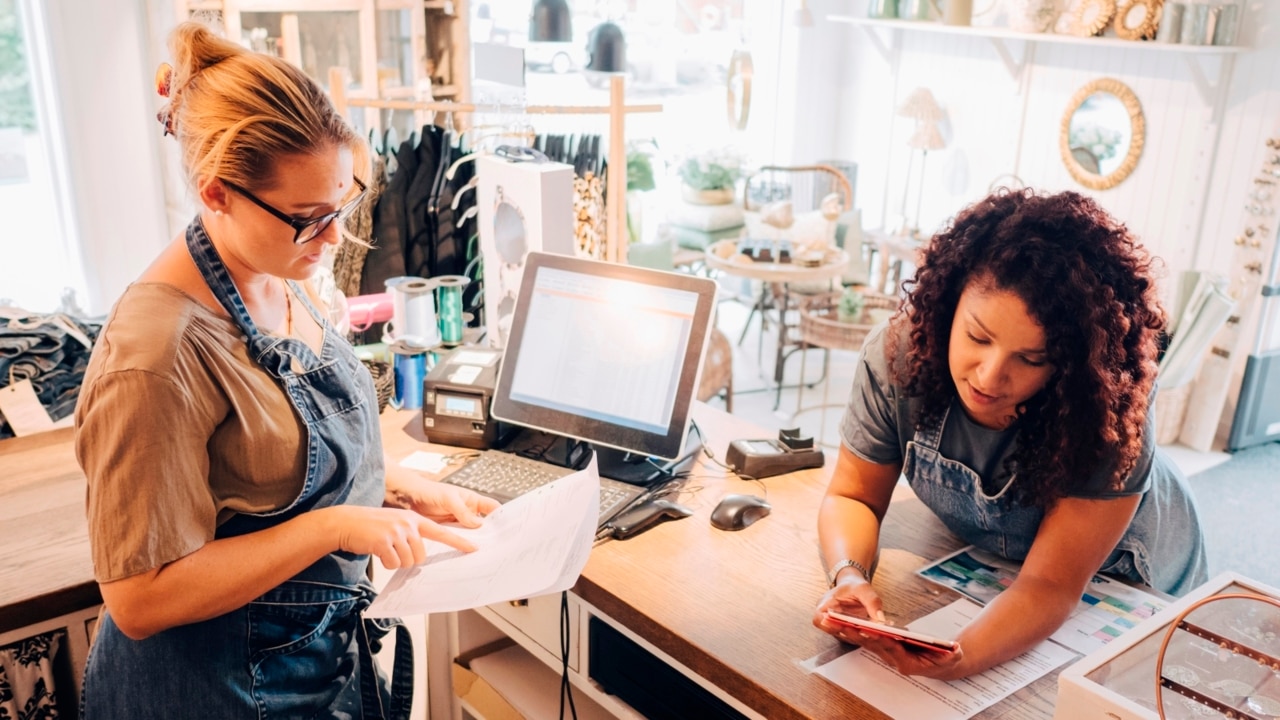
National
Don't miss out on the headlines from National. Followed categories will be added to My News.
Aussies are looking for smart and fast ways to make extra cash, with some parlaying their side hustles into businesses with million-dollar turnovers.
These secondary sidelines – run as additions to full-time employment – now represent 6.7 per cent of all jobs, according to the latest CommSec Economic Insights report.
Secondary jobs soared by 5.5 per cent in the June quarter, with around 900,000 Aussies now managing a side hustle along with full time work, the report stated.
And they’re earning more than pocket money. Here are some Aussie entrepreneurs who have turned their side-hustle hobby into multimillion-dollar businesses.
ALI CLARK, BONDI BLADES (MELBOURNE)
Melbourne-based Ali Clarke was pregnant and working as a mortgage lender when she first had the idea for home dermaplaning business Bondi Blades.
“I was going to a beauty salon for dermaplaning and it was $150 a fortnight. I could not afford to keep spending this, but I saw such benefits from the treatment,” Ms Clarke said.
“I went home after one of the salon appointments and it got me thinking … this is a 15-minute treatment, surely I can do this at home myself and save a lot of money.”
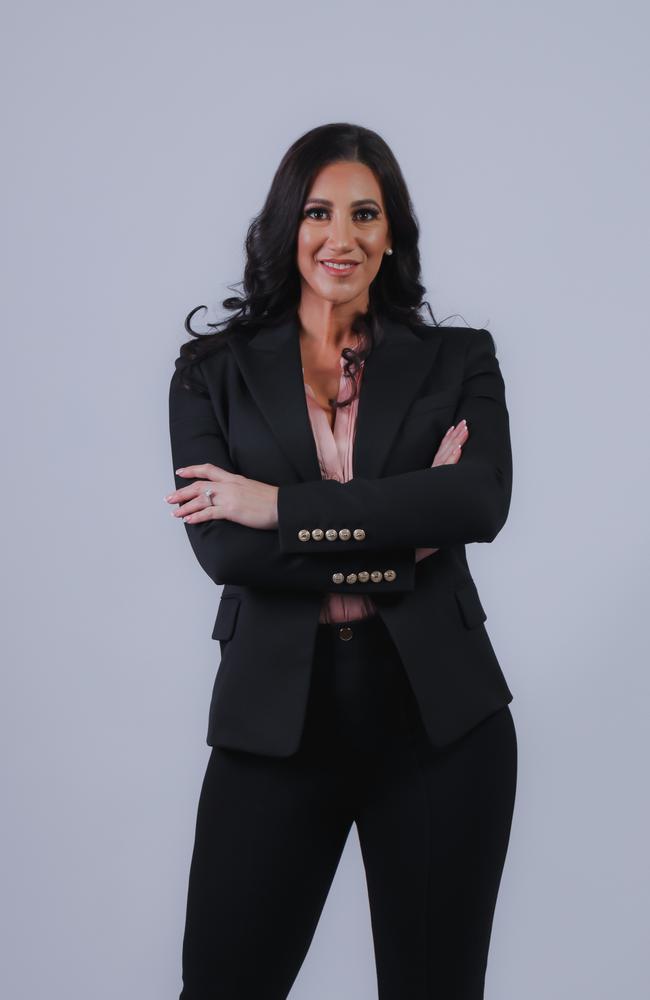
That realisation was soon followed by another.
“This could be more than just something to save myself money,” she said.
She found some affordable tools on Chinese website Ali Baba, and started her own e-commerce store.

From an initial investment of $150 for the stock, plus some time and effort out into social media platforms like Instagram and TikTok, Bondi Blades now turns over $1 million per year.
“I have been fortunate the business grew extremely quickly and I think I have the pandemic to thank for that,” she said.
“People couldn’t go to salons, and TikTok boomed at this time too.”
A few TikToks went viral, sparking media interest and enquiries from potential distributors, Ms Clarke said.
“We are now in over 500 retail stores in Australia and a further 300 in New Zealand,” she said.
“I never imagined leaving the bank. I thought this would just be a side hustle.”
Hot tip: Dedication.
“I went live on my TikTok night after night, talking about my product to potential customers and documenting the journey.”
MATT AND AMANDA GOSS, HERBIDOOR (QUEENSLAND)
Matt and Amanda Goss had just blown their savings on an overseas trip, when they realised their personal training business wasn’t going to cut it in terms of income.
A newly-converted vegan and a passionate cook, Mr Goss decided to investigate pre-prepared meals as a way to try to raise extra cash.
Finances were so tight, the Gold Coast couple had to borrow $200 from Ms Goss’s mum to buy the first batch of ingredients.
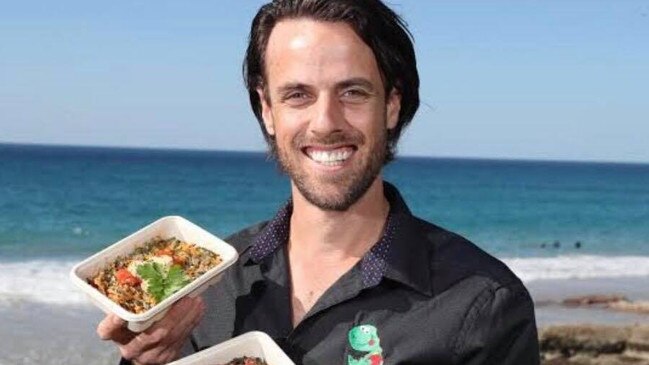
“We didn’t even have a website to start,” Ms Goss said.
“Matt put up a couple of posts in our local buy, swap and sell groups and people reached out via messenger and phone. He didn’t even have a way to process his first sale and had to sign up for an account to make that happen.”
Six months later, the couple realised there was more money to be made from their side hustle – now called Herbidoor – than their personal training business.
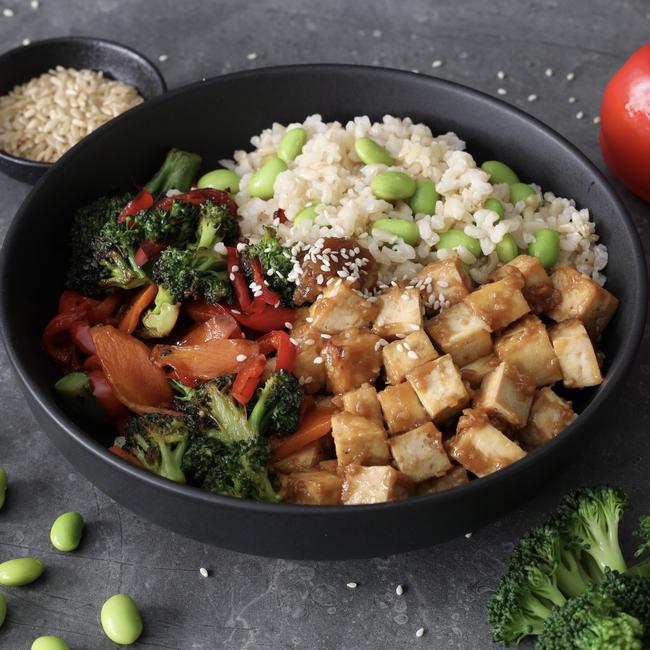
“We didn’t have a lot of money, so we had to go with free and low cost strategies,” Ms Goss said.
“Buy, sell and swap groups were our main method of acquiring new customers for our first year. Referrals and word of mouth also helped.”
An appearance on TV news also gave them a push, and in January they purchased their own kitchen and recruited their first staff.
“It’s crazy to think that even as late as March 2020 it was still just Matt and I, and we now have a team of seven,” Ms Goss said.
“We haven’t had ‘hockey stick’ growth (but) we have worked hard, focused on customer service and quality of food.
“We now do over $1 million in turnover and deliver almost Australia wide.”
Hot tip: Work hard and provide a high quality product.
“Delivering people a delicious and healthy meal option, and ensuring our customer service was to a high level helped us grow.”
RACHEL AND BRAD COHEN, CATCHY (NSW)
From the moment Rachel and Brad Cohen’s daughter began eating solids, the couple quickly discovered feeding babies was messy.
A clinical psychologist, Ms Cohen understood the importance of pressure-free mealtimes, but as a mum, she just couldn’t stand the mess.
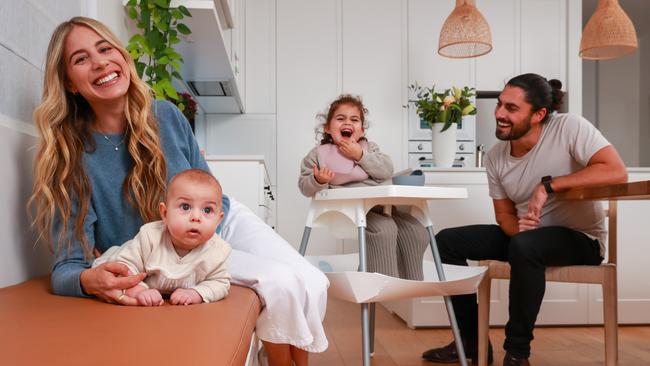
“After combing the internet and baby stores for a helpful solution, we were at our wits end. That’s why we invented Catchy – a world-first food catcher that attaches to your child’s highchair,” Ms Cohen said.
Ms Cohen said their little innovation changed family mealtimes.
“We had a genuine problem and invented a solution, (but soon) realised that we had to share Catchy with other parents around the world,” she said.
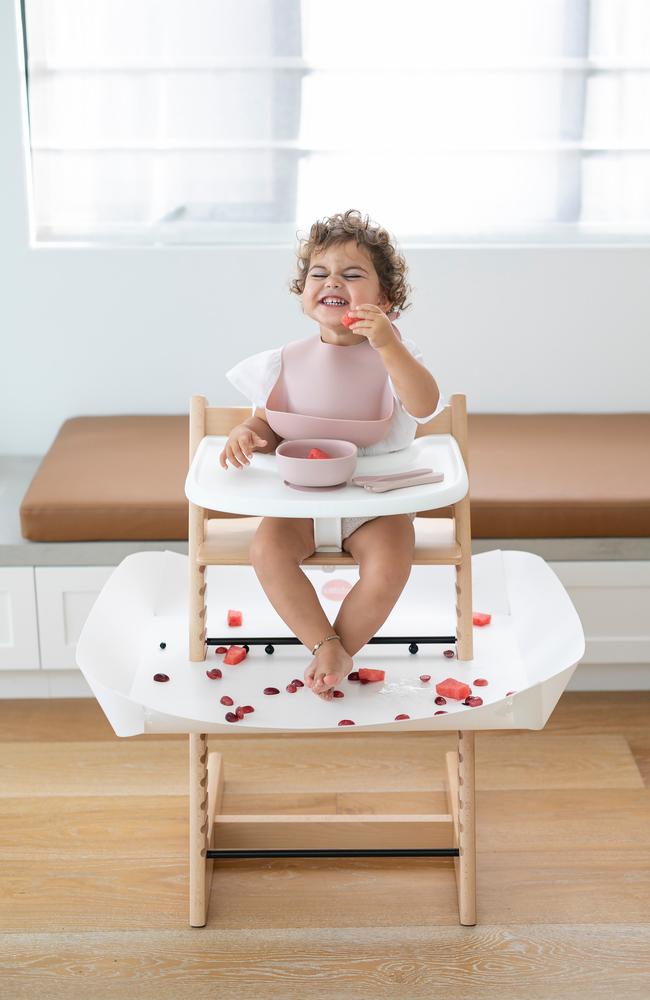
The Bondi-based couple invested $20,000 to develop the prototype and a small first batch, while juggling day jobs and parenting.
“Until recently, we wore every hat – product development, manufacturing and distribution, marketing, e-commerce, social media and customer service. We were literally fulfilling orders from our garage into the early hours of the morning,” Ms Cohen said.
Starting a business had been fulfilling but came with a lot of sacrifice, she said.
“In the last 12 months we have welcomed our son, becoming a family of four, my husband and I both left our previous jobs to come into Catchy full time, and we continue to grow our thriving business.”
Hot tip: Sacrifice.
“I was working on my laptop in the delivery suite when I gave birth to my son earlier this year.”
ANGELA CARRICK, AIR DESIGN AUSTRALIA (NSW)
For Sydney-based real estate sales executive Angela Carrick, the growth of her business Air Design Australia “just happened”.
It all started with a love of travel, which she funded by listing her own property as a short-term rental, while also staying in short term rentals herself.
She soon realised she had a natural affinity for managing the process, including design and styling, financial negotiations, advertising and promotion.
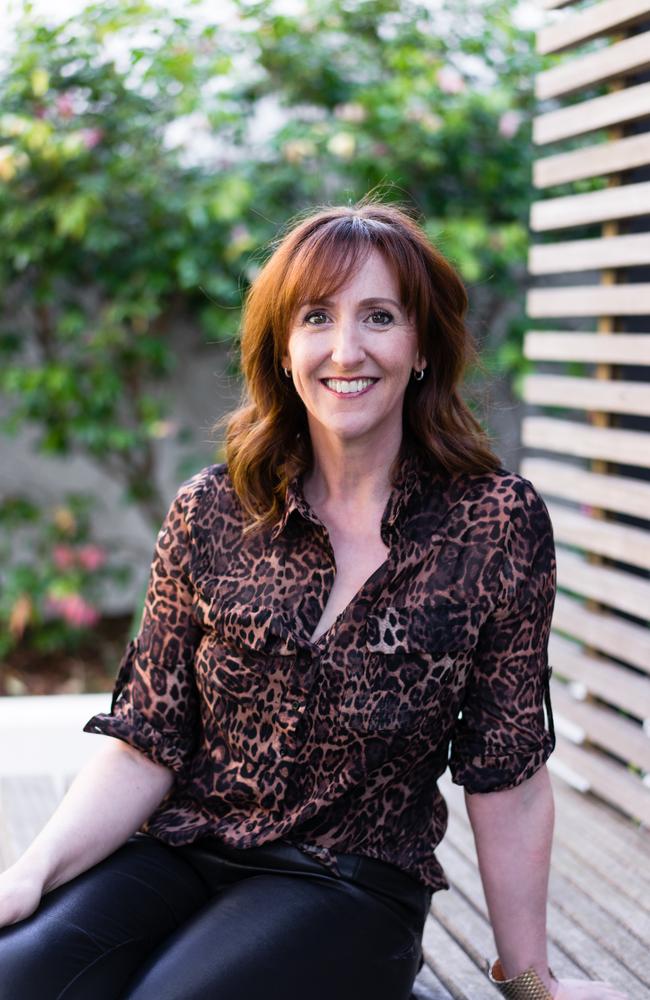
“In the early stages, it was just me listing properties for friends and family on short term rental platforms,” she said.
“Over time it developed into an expanded network of clients, properties and teams across Australia. The business grew organically by word of mouth and referrals.”
For Ms Carrick, there were zero start-up costs or personal investment, other than hard work and time.
“A friend produced the website and the only other costs were for government requirements, such as ASIC, my real estate licence, ABN registration, and accounting items.
“The first few months away from regular income are scary when you are not sure what lies ahead, though as the business grows, you grow too and lean more from the experience.”
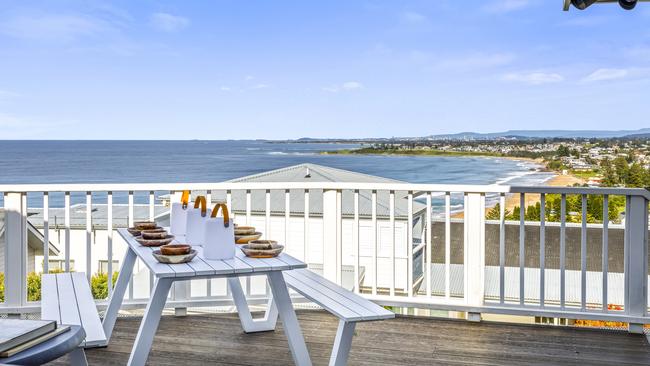
The business is now multifaceted, and includes helping accommodation seekers find a place to stay, presenting listed properties to maximise results, and assisting time-poor investors with the purchase of the right property.
“The business now covers Australia, and the collection of properties range from stylish inner-city pads to waterfront coastal retreats,” she said.
Hot tip: Work to your strengths.
“I think drawing on my personal strengths and career background together with passionate enthusiasm has made difference to my success.”
JORDAN SHREEVE, INKE PACKAGING (VICTORIA)
After graduating from high school, Jordan Shreeve decided to skip university and dive headfirst into full time work.
“I worked for a local printing company where I eventually took on the role as salesman, selling corrugated cardboard products to customers and large enterprise brands,” Mr Shreeve said.
But he found both the printing and packaging industries to be outdated, and began investigating the idea of merging the two with modern technology.
At 22, he launched inke Packaging from his Melbourne-based family home with a personal investment of $20,000, working after hours and on weekends.
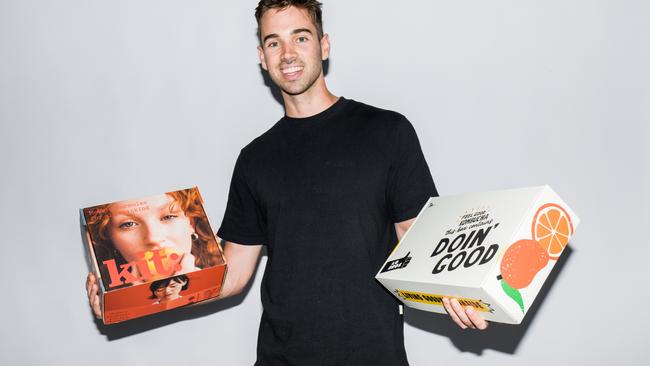
“We didn’t have much of a marketing budget after that, so I had to spread the word about inke and its product offering via word of mouth in my social circles.”
Inke now works with companies such as Lululemon, Cotton On Group, Mecca, Uber, Google and Netflix.
“Seeing the company hit customer acquisition milestones to the first 100 customers, then 500, 1000, 2000, to today’s nearly 9k+ customers is pretty special,” he said.
Mr Shreeve said he relied on “rogue direct marketing tactics”, reaching out to everyone he knew, and the company had now brought in more than $10 million in revenue.
Hot tip: Creative (and low cost) marketing.
“Instagram was a key driver of our growth, as it was ultimately free for me to promote my business. This eventually caused a snowball effect for us.”
JEFF ANNING, EVOLVE SKATEBOARDS (QUEENSLAND)
Jeff Anning discovered his love of snowboarding on his first trip to Perisher – “the best feeling” – but his Gold Coast home is not know for its ski slopes.
So when he discovered electric skateboards, he thought he’d found the solution.
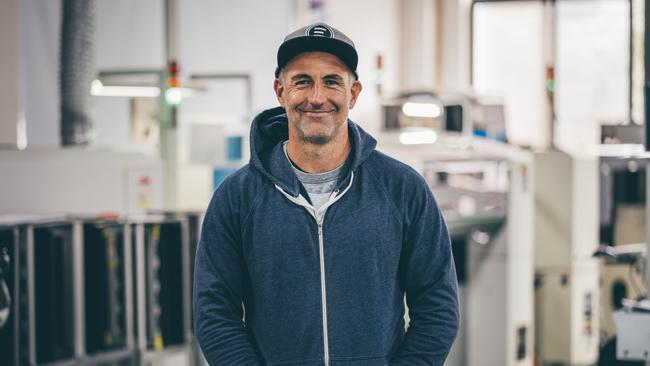
But the board he bought from eBay was “trash and oversized” so he decided to build his own.
“I made one for myself, and then a friend asked for one. Then another friend wanted one, and another friend wanted one. I must have made about six or seven boards, and then my wife and I just thought, ‘This is crazy. There’s an actual demand for them,’” he said.
A landscaper at the time, Mr Anning decided to back his growing business, and the couple sold their home.
“We both just knew it was the right decision. We moved into a little rental property, and started to work out of the garage,” he said.
After about a year, the couple realised the business was growing rapidly enough to become their main source of income.
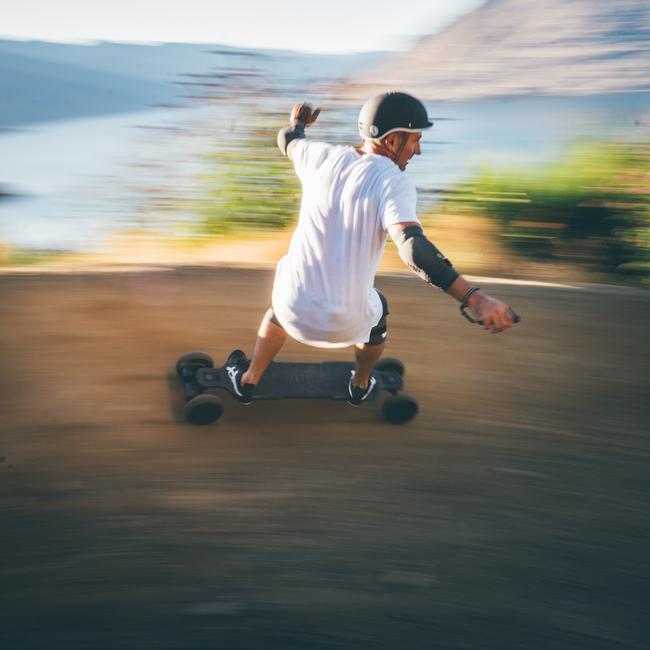
With more than 15 awards and a customer service network across 40 countries, Evolve Skateboards has global distribution and showrooms in Australia, New Zealand, the UK, Germany, France, the UAE and the USA.
“There were so many good moments, but the first Evolve World Cup in France was eye-opening. People came from all parts of Europe, the USA, the UK and beyond to join the first electric skateboard race in the world.”
And the secret to their success? Customer focus, Mr Anning said.
“We were there on the front lines with them at group rides, putting on events like the World Cup, really investing in them because they were our biggest marketers. We’re passionate riders ourselves, and being a part of that culture and connecting with others is what put us on the map. And that’s what we continue to do today,” he said.
Hot tip: Plan, plan, plan.
“We constantly brainstorm improvements and next moves, then get to work implementing. It’s as simple as that. And that process hasn’t changed over the years.”
ANTHONY WILSON, NOOD AUSTRALIA (SA)
Anthony Wilson was working for the Australian Indigenous Mentoring Experience program at the University of South Australia, when he decided to create NOOD, an innovative line of cleaning products and skincare made from Australian botanicals.
“I wanted to infuse a lot more native ingredients and use traditional bush medicine,” he said.
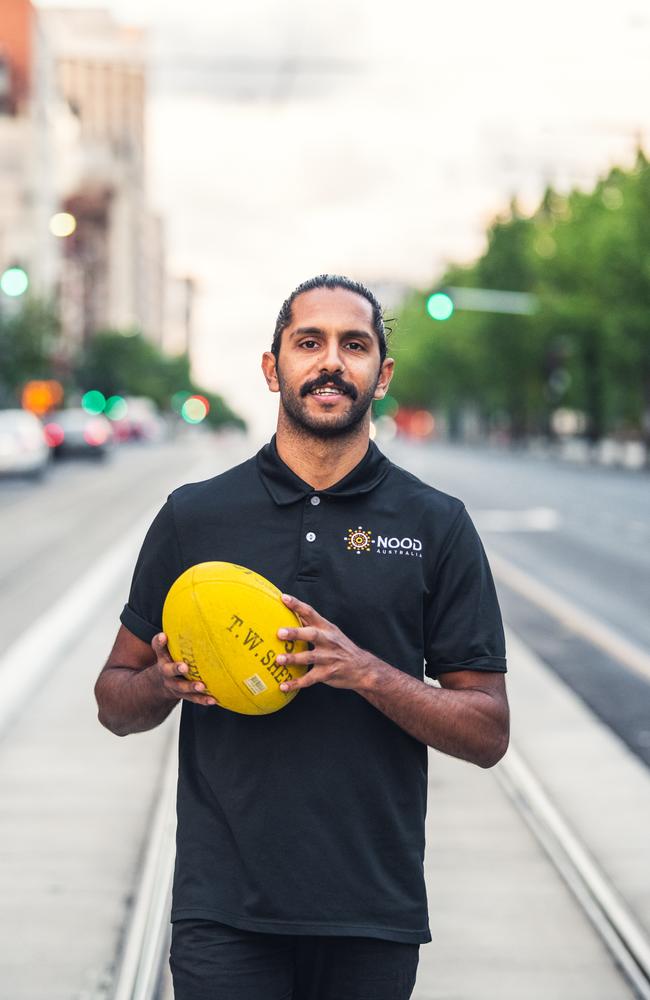
He launched his business six months before Covid hit – but unlike many businesses, for NOOD, the pandemic was a blessing in disguise.
“We were pretty lucky that we were in a business where we were making soap and sanitiser,” Mr Wilson said.
But there were some challenges.
“You’re trying to manufacture products and develop and bring in raw materials into Australia, which was a tricky thing.”
Mr Wilson said growing his business was an ongoing learning process, with “a lot of late nights, early mornings, and weekend work”.
While NOOD Australia is still a one-man band, the company now has national distribution, with partners right across the country.
Hot tip: Keep moving.
“Keep moving along and stay positive. Everything’s learning and it’s not the end of the world if you make mistakes.”
OLIVIA EPIFANO, THE LAVISH LASH LOUNGE (VICTORIA)
Olivia Epifano was an 18-year-old university student, working part time as a makeup artist in Melbourne when she first had the idea for the Lavish Lash Lounge.
“I’d be applying fake lashes on clients, however they were mink lashes. The cruelty just didn’t sit right with me,” she said.
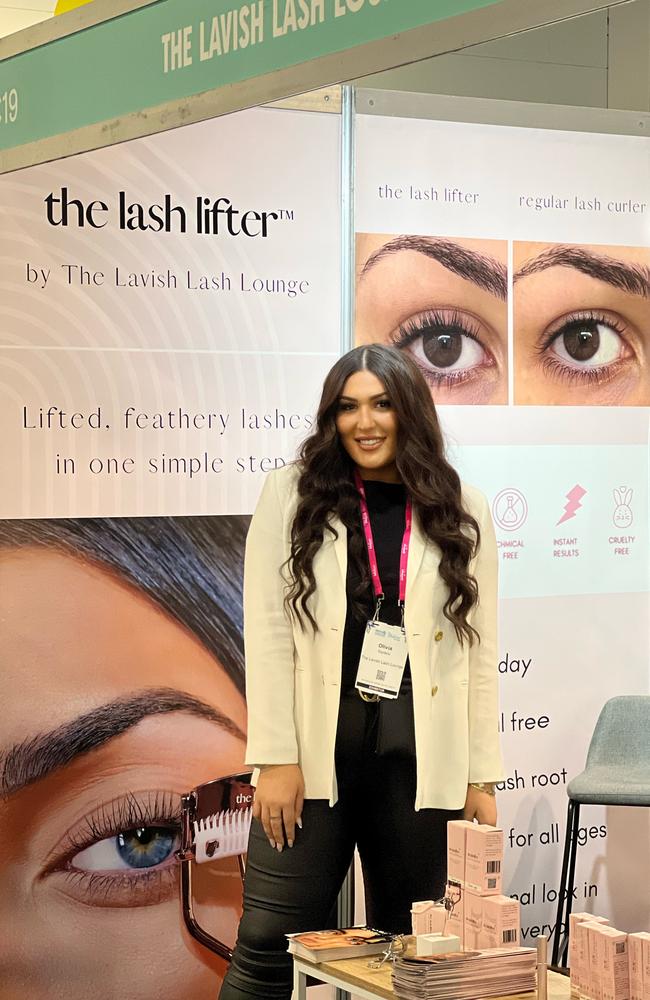
So she started researching and designing her own mink-free lashes, saving up as much money as possible from her job, and on her 20th birthday, officially launched her business.
“I did it completely on my own,” she said.
“The process took a lot of time, but I wanted to do it properly.”
Ms Epifano worked on the business before and after university, committing to at least half an hour every day.
“Juggling it with university was hard, but I was able to put what I was learning in marketing at university into practice first hand which was pretty cool.”
Covid forced Ms Epifano to pivot as women moved away from fake lashes and heavy make up.
“It was basically like starting from scratch again,” she said.
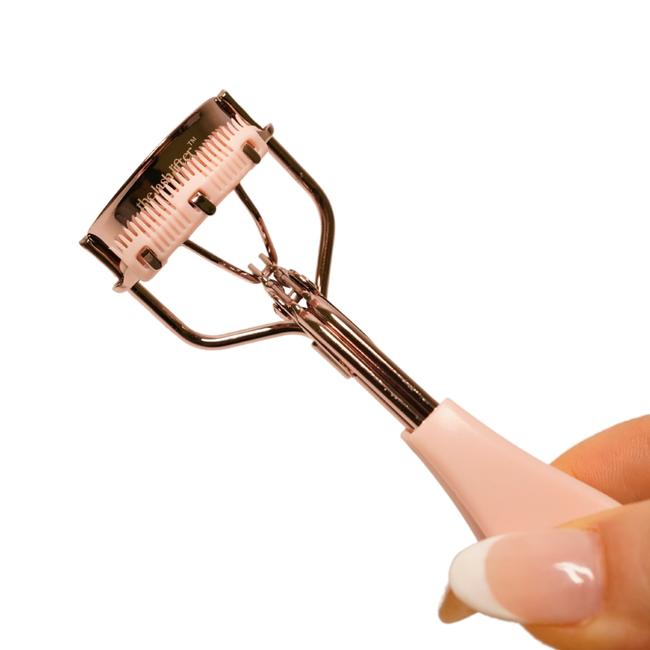
She developed the Lash Lifter, a chemical free, instant lash lift, which sold out within 72 hours of launching.
Ms Epifano attributes her savvy use of TikTok for her company’s rapid growth.
“I have had my videos amass more than 12 million views,” she said. “I have just turned 23 and can’t quite believe I made $1.7 million in sales in my first year since launching The Lash Lifter.”
Hot tip: TikTok.
“I found trends on TikTok and would use viral sounds and make my videos unique and eye-catching.”




